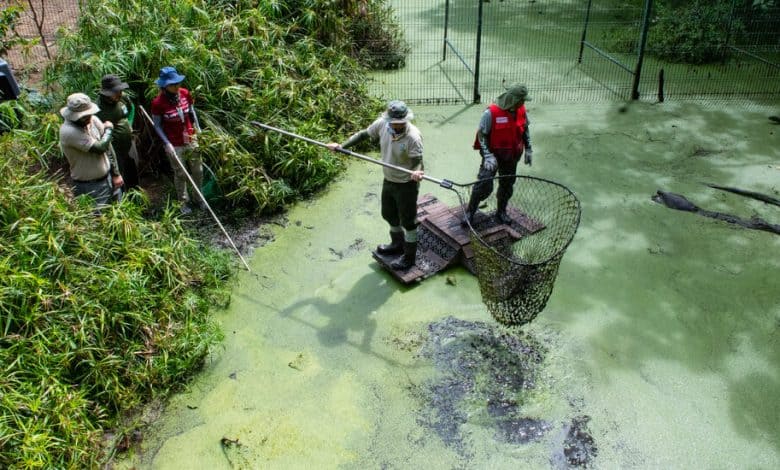After Outlawing Public Zoos, Costa Rica Relocates Hundreds of Animals

Costa Rica announced last week that it would close its two remaining state zoos, more than a decade after it passed a law to ban keeping wild animals in government-sponsored captivity but was met with legal blowback.
Costa Rica’s Ministry of Environment and Energy said in a statement on Saturday that it would not renew its contract with Fundazoo, a foundation that had run the zoos. The move will close the country’s last two state zoos: the Simón Bolívar Zoo and the Santa Ana Conservation Center.
State officials last week began transferring 287 animals from the two facilities to a rehabilitation center, where the health of the animals will be evaluated to determine what environment will best suit them. Some of the animals have been in captivity for more than 30 years, the ministry said.
Franz Tattenbach, the minister of environment and energy, said on Saturday that Costa Rica would move toward running sanctuaries for animals that cannot return to to the wild.
“Captivity is only justified when animals cannot return to the forest for either physical or behavioral problems that prevent them from living in freedom,” Mr. Tattenbach said in Spanish in a video on Facebook. “This closure consolidates Costa Rica’s vision of wildlife protection.”
The move not to renew Costa Rica’s contract with Fundazoo, closing the country’s public zoos, came more than a decade after Costa Rica passed a wildlife protection law in 2013 that banned keeping wildlife in captivity. Costa Rica’s state run zoos were supposed to close in 2014, but the law was met with legal appeals by Fundazoo, which delayed closing the public zoos, according to the FAADA Foundation, an wildlife nonprofit.